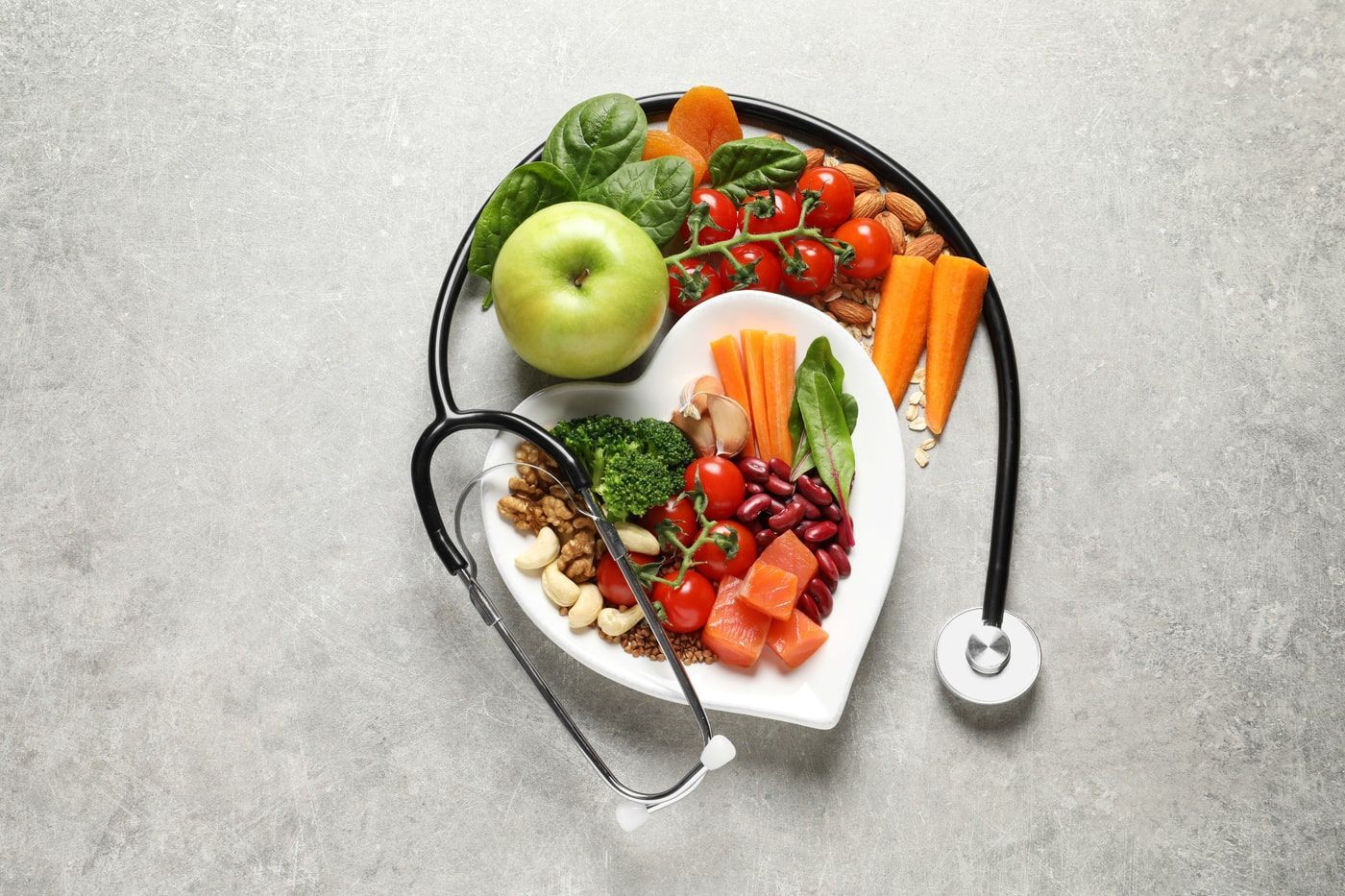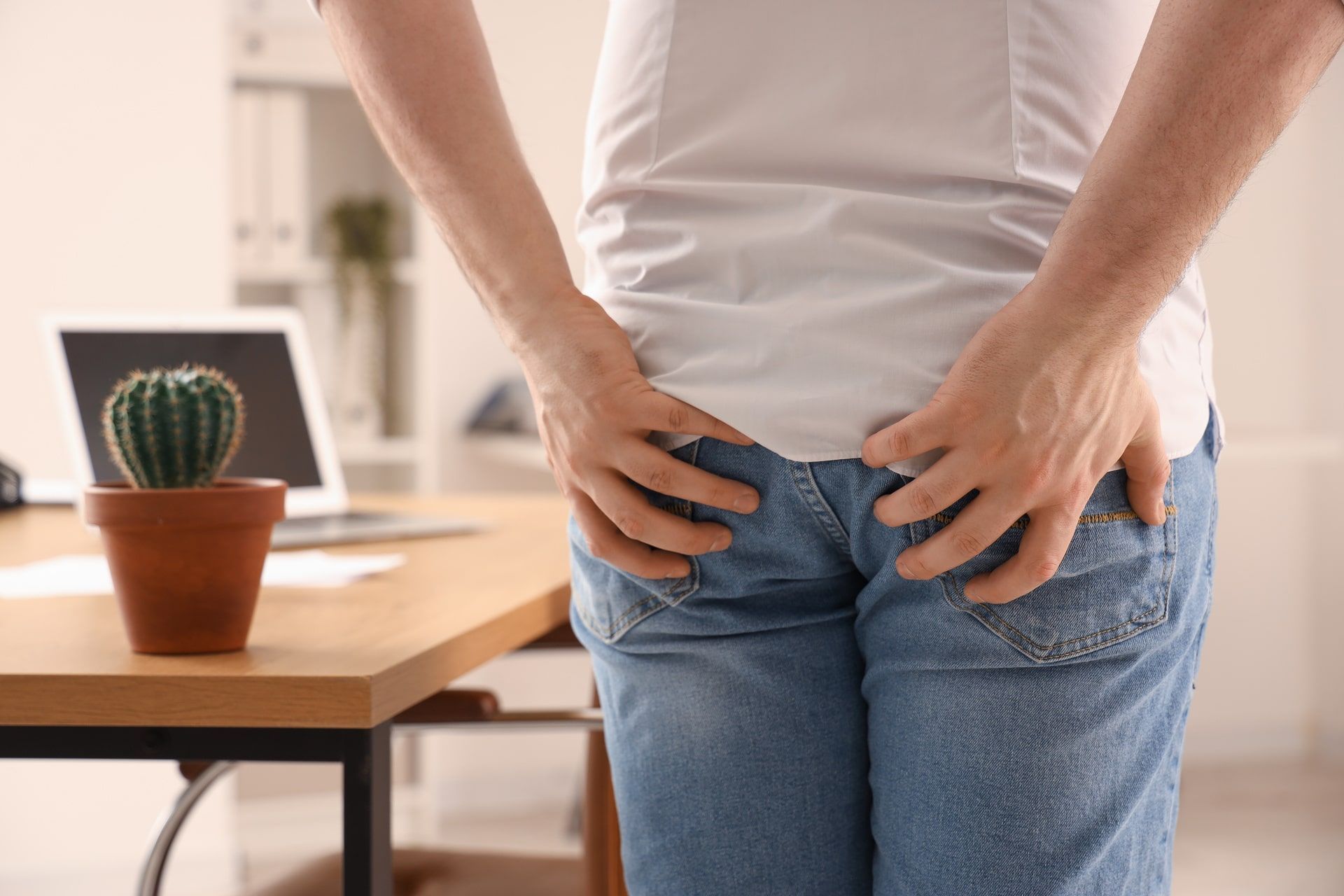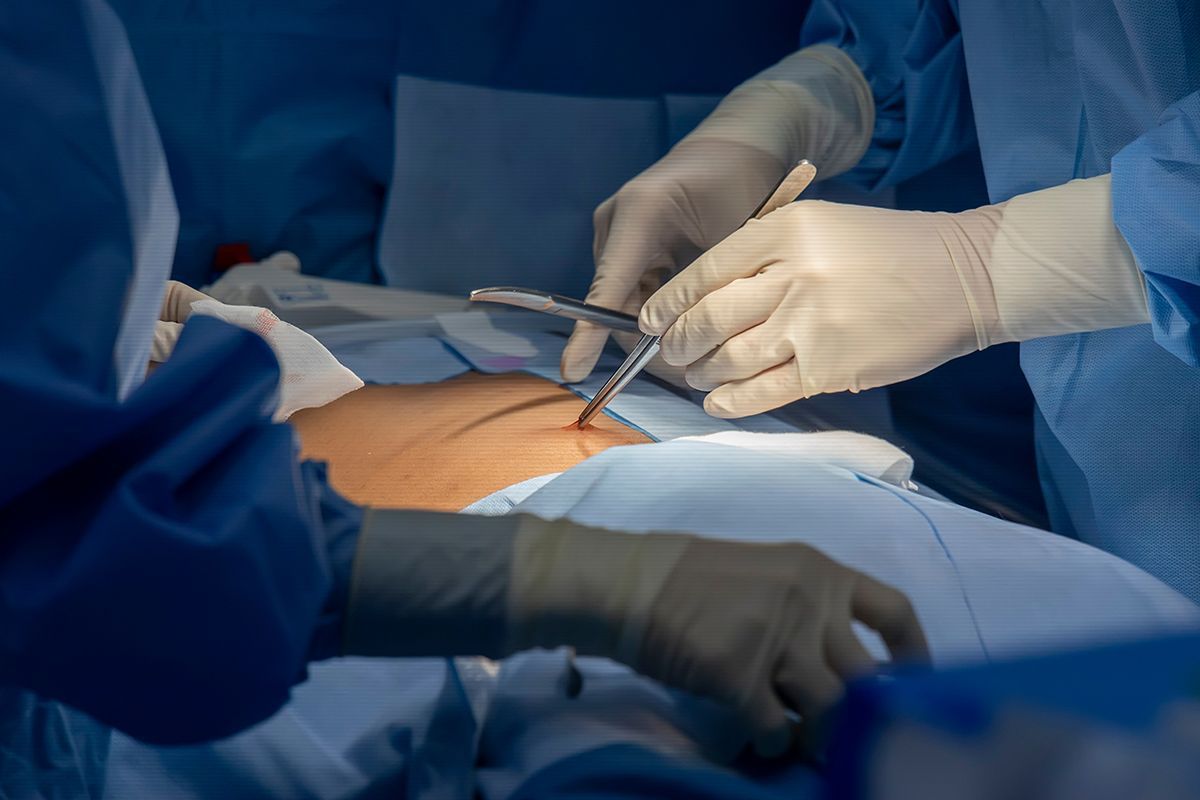Mount Elizabeth Novena Hospital #10-48/49
What Causes Gallstones?
For people with gallstones, the pain can be sudden, intense, and unsettling. For anyone facing this pain, the question of what's causing it and what can be done to stop it is front and centre.
In this article, we discuss the root causes of gallstones and examine treatment options for those seeking lasting relief, including gallbladder removal.
Understanding gallstones
Gallstones are small, hardened deposits that form in the gallbladder, a small organ responsible for storing bile—a fluid produced by the liver that helps digest fats.
Gallstones can vary in size and composition but are commonly made up of cholesterol or bilirubin. If not treated, gallstones can lead to significant discomfort and digestive issues.
Excess Cholesterol in Bile
One of the primary causes of gallstones is an excess amount of cholesterol in the bile. The liver naturally produces cholesterol, which is dissolved in bile by bile salts. However, if there is more cholesterol than bile salts can dissolve, it can crystallise and form gallstones.
High cholesterol levels can be influenced by dietary choices, lack of exercise, and certain metabolic conditions, making it essential to manage cholesterol levels for gallstone prevention.
Excess Bilirubin
While it is a normal component of bile, an excess bilirubin can contribute to gallstone formation. Excess bilirubin is commonly associated with liver damage, certain blood disorders, and infections of the bile ducts.
Conditions such as liver cirrhosis or hemolytic anaemia, which lead to increased bilirubin production, raise the risk of developing this type of gallstone.
Incomplete Emptying of the Gallbladder
When food is digested, the gallbladder releases bile into the small intestine, but sometimes, it doesn't completely empty. When bile remains in the gallbladder for too long, it can become concentrated and may start to form gallstones.
Gallbladder dysfunction can contribute to incomplete emptying. A healthy diet and exercising regularly will help gallbladder emptying, reducing this risk factor.
Oestrogen Levels
Higher levels of oestrogen, the primary female sex hormone, is known to increase the risk of gallstone formation. Oestrogen increases cholesterol concentration in the bile and can reduce the movement of bile, both of which contribute to gallstone risk.
Pregnancy, hormone replacement therapy, and contraceptive pills can all elevate oestrogen levels. Women, particularly those undergoing hormone-based treatments, should be mindful of this link and monitor for any symptoms of gallstones.
Genetics and Family History
Genetics has a role in a person's likelihood of developing gallstones. If close family members have experienced gallstones, there is a risk of having them as well. Certain genetic factors affect bile composition, making some individuals more prone to the development of gallstones.
Although genetics cannot be controlled, awareness of family history can lead to proactive management, such as making dietary and lifestyle changes to reduce risk.
Rapid Weight Loss or Fasting
While weight loss can benefit overall health, rapid weight loss, primarily through fasting or extreme calorie restriction, can increase gallstone risk. Rapid weight loss causes the liver to produce extra cholesterol in the bile, contributing to gallstone formation.
Furthermore, fasting can lead to slower gallbladder contractions, causing bile to stay in the gallbladder longer. Individuals aiming to lose weight should do so gradually, with medical guidance, to avoid gallstone-related complications.
Cholangitis can occur if gallstones obstruct the bile ducts. It is a bacterial infection of the bile ducts and requires prompt treatment with antibiotics and sometimes surgery.
Diabetes
Type 2 Diabetes increases the risk of developing gallstones. People with diabetes often have higher triglyceride levels and metabolic abnormalities that can affect bile composition, increasing the risk of gallstone formation.
Additionally, nerve damage caused by diabetes can impact the gallbladder's function, reducing its ability to empty efficiently. Managing levels of blood sugar and maintaining a healthy diet are crucial for reducing the risk of gallstones in diabetic individuals.
Obesity
Obese people are at risk of developing gallstones. Excess body weight, especially around the belly, is linked to increased cholesterol levels in the bile and decreased gallbladder movement, promoting gallstone formation.
Obesity also heightens inflammation in the body, which can further complicate gallstone-related issues. Losing weight and maintaining the new healthy weight can help reduce the probability of gallstone formation.
Gallbladder Removal Options
When gallstones cause symptoms or complications, doctors usually recommend removal of the gallbladder.
Minimally Invasive / Laparoscopic Surgery
Laparoscopic surgery, or keyhole surgery, is the preferred option for
gallbladder removal
due to its minimally invasive nature. The surgeon makes several small incisions through which a camera and specialised instruments are inserted, allowing the gallbladder to be removed with minimal disruption to surrounding tissues.
Open Surgery
Open surgery is used in cases where laparoscopic surgery isn't suitable, such as when there are complications or severe inflammation. A larger incision is made in the abdomen, enabling the surgeon to directly access the gallbladder and remove it.
Gallbladder Surgery in Singapore
Gallstones are a common but manageable health issue with various causes. For those who do develop gallstones, gallbladder removal remains a very safe, reliable and effective treatment.
Colorectal Clinic Associates offers specialised
gallbladder surgery in Singapore, tailored to provide safe, effective relief from gallstones and gallbladder-related issues. Our skilled surgeons specialise in both minimally invasive / laparoscopic and open gallbladder surgery, with a focus on reducing patients' discomfort and promoting recovery.
Book an appointment for gallstone removal today.






